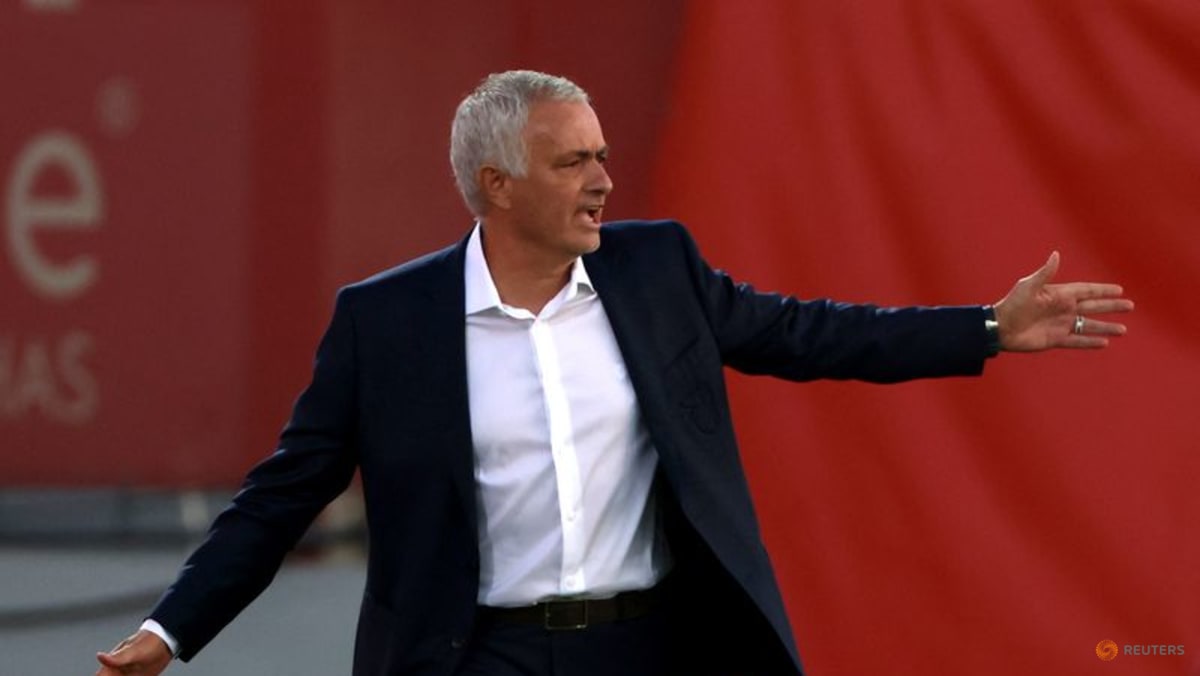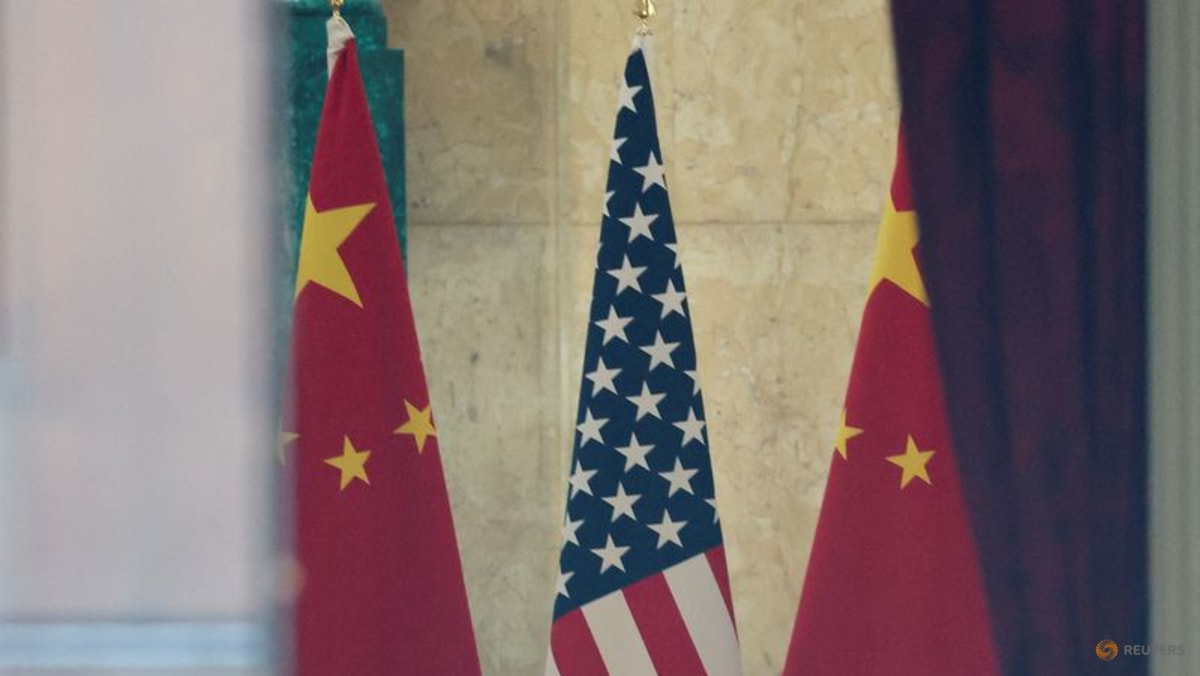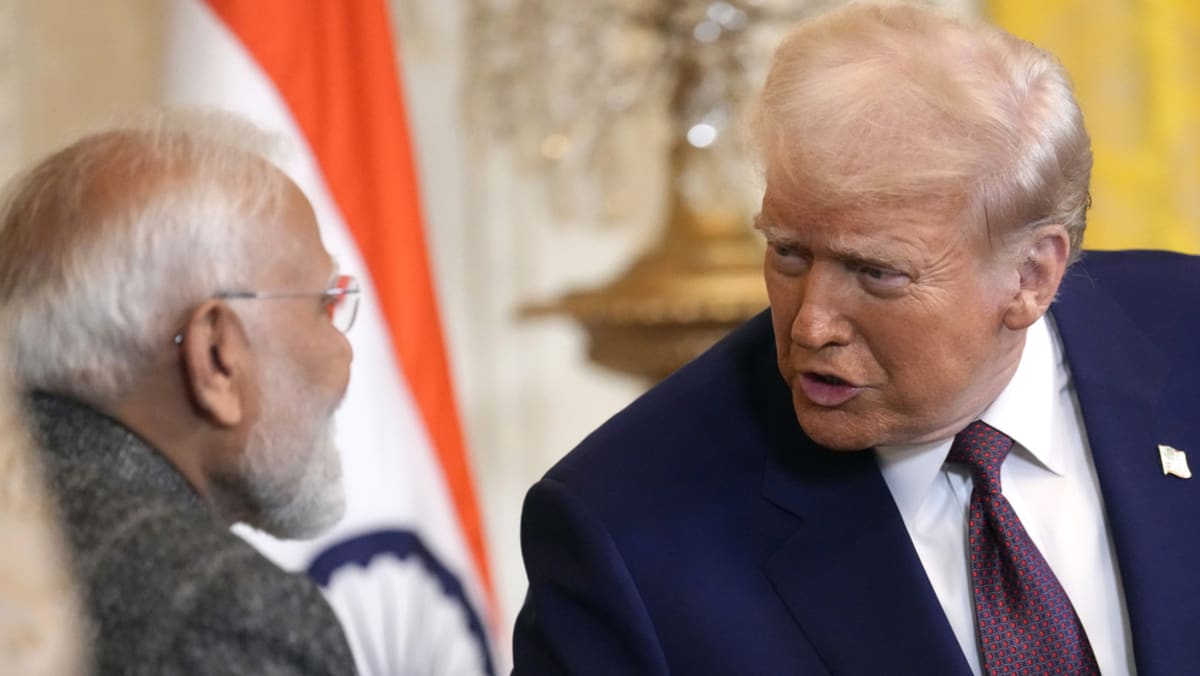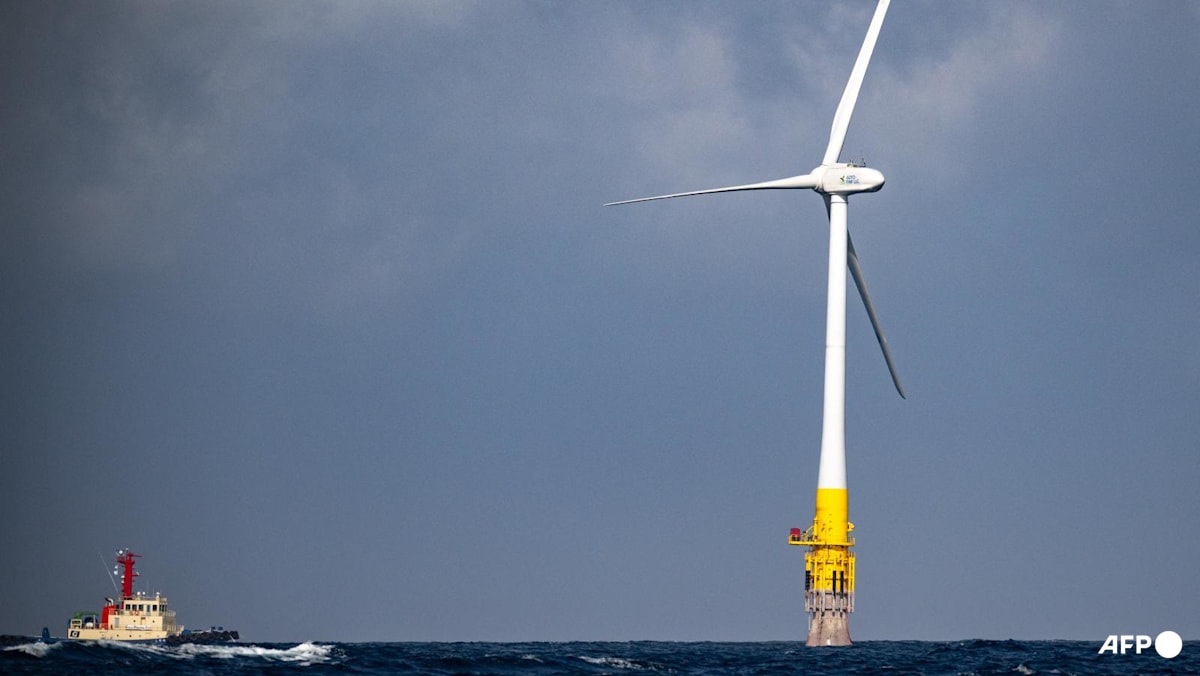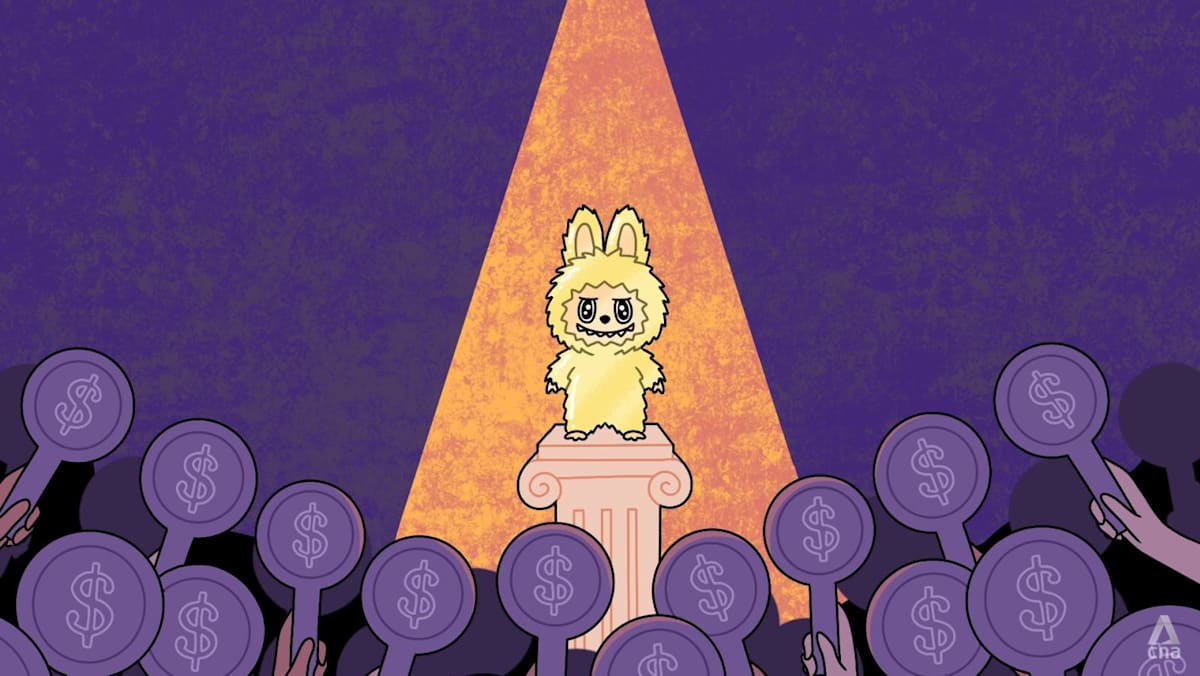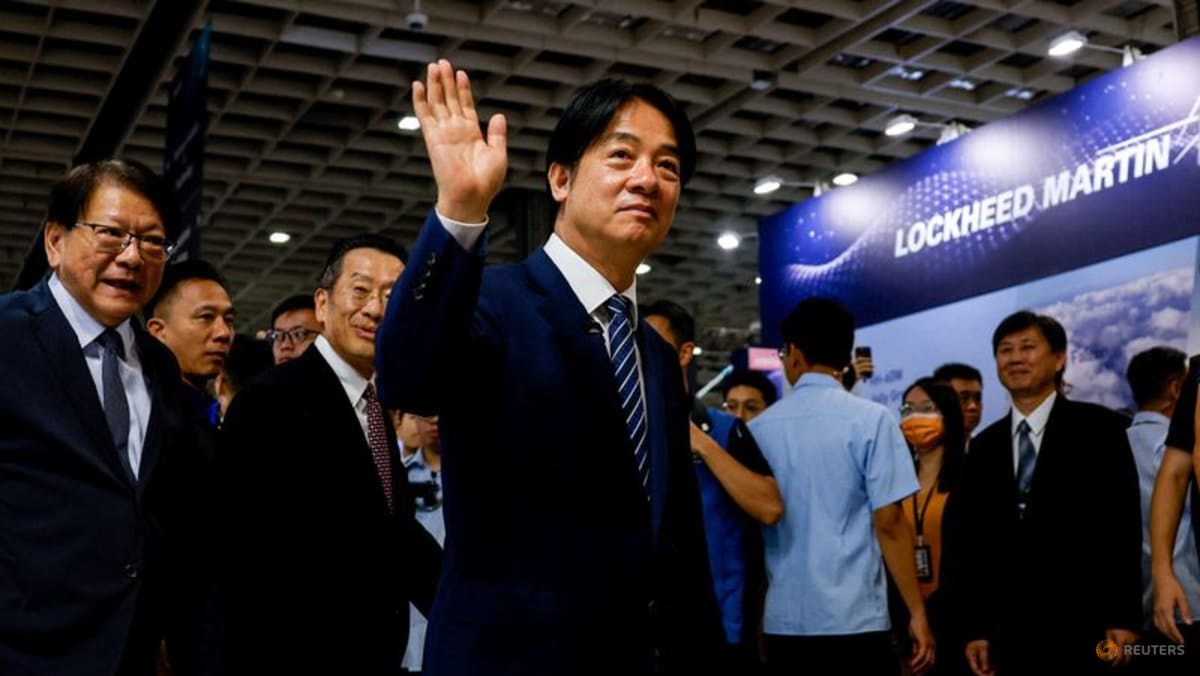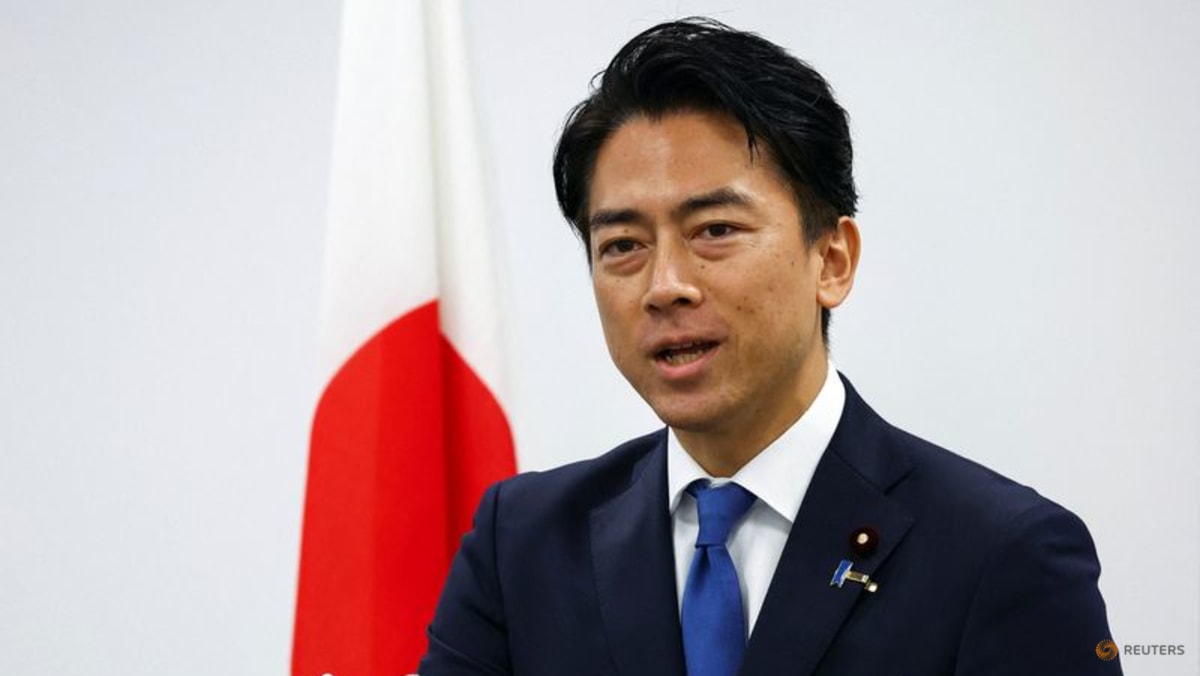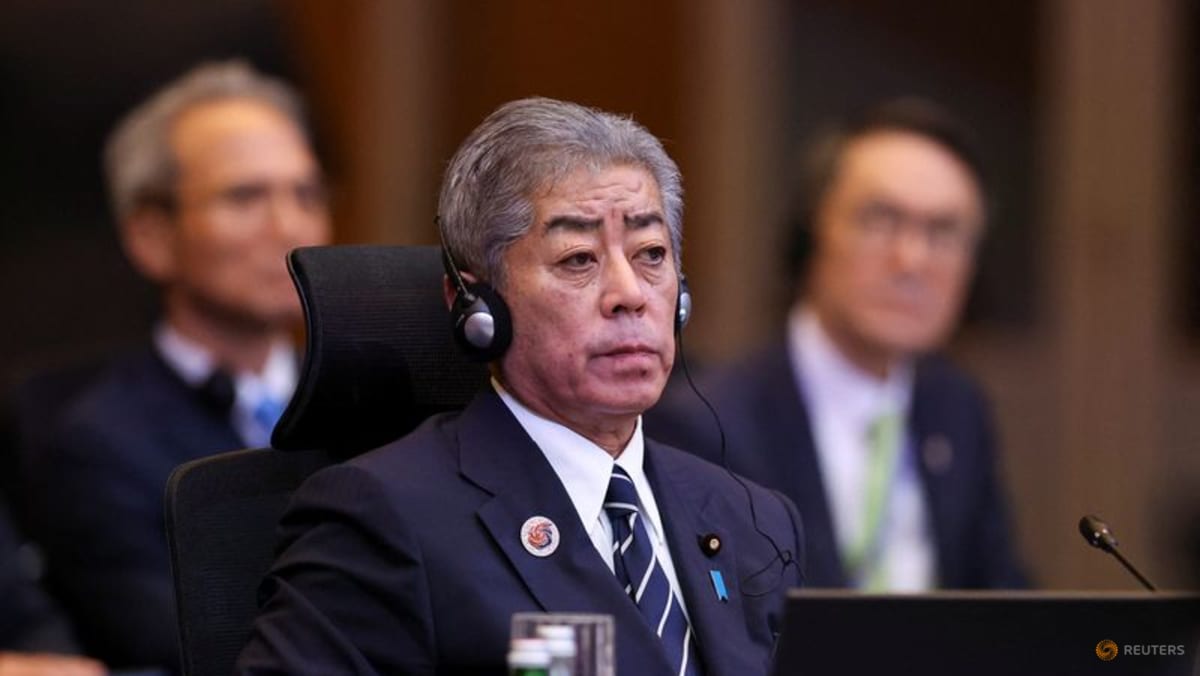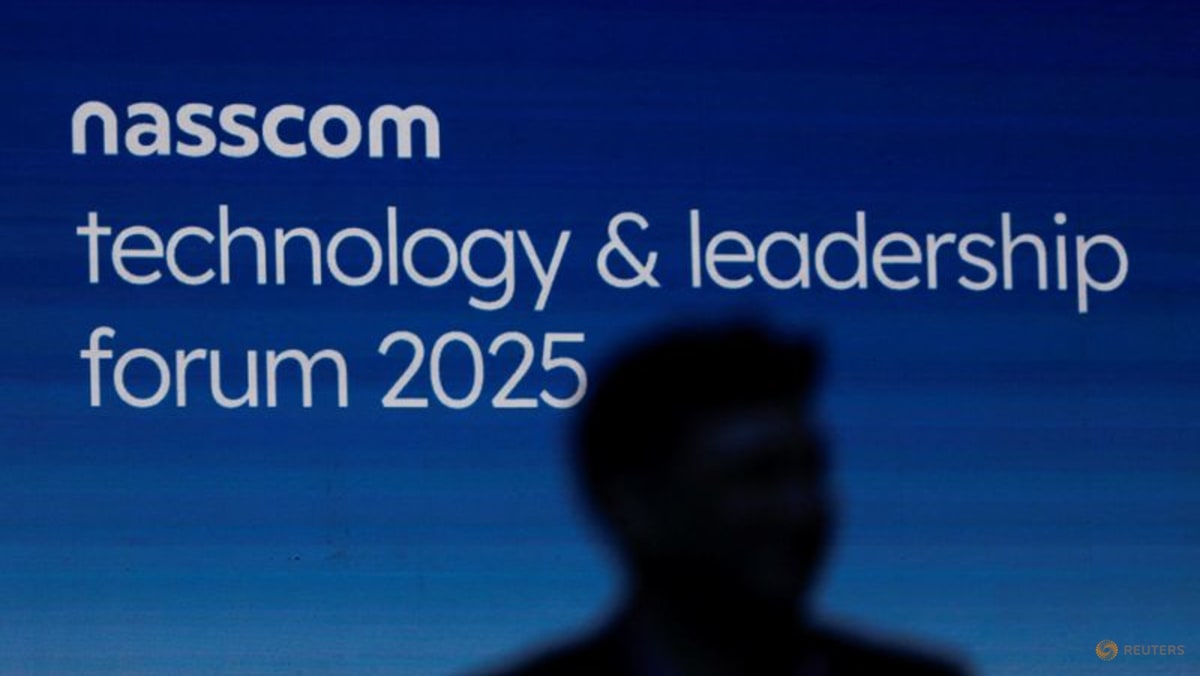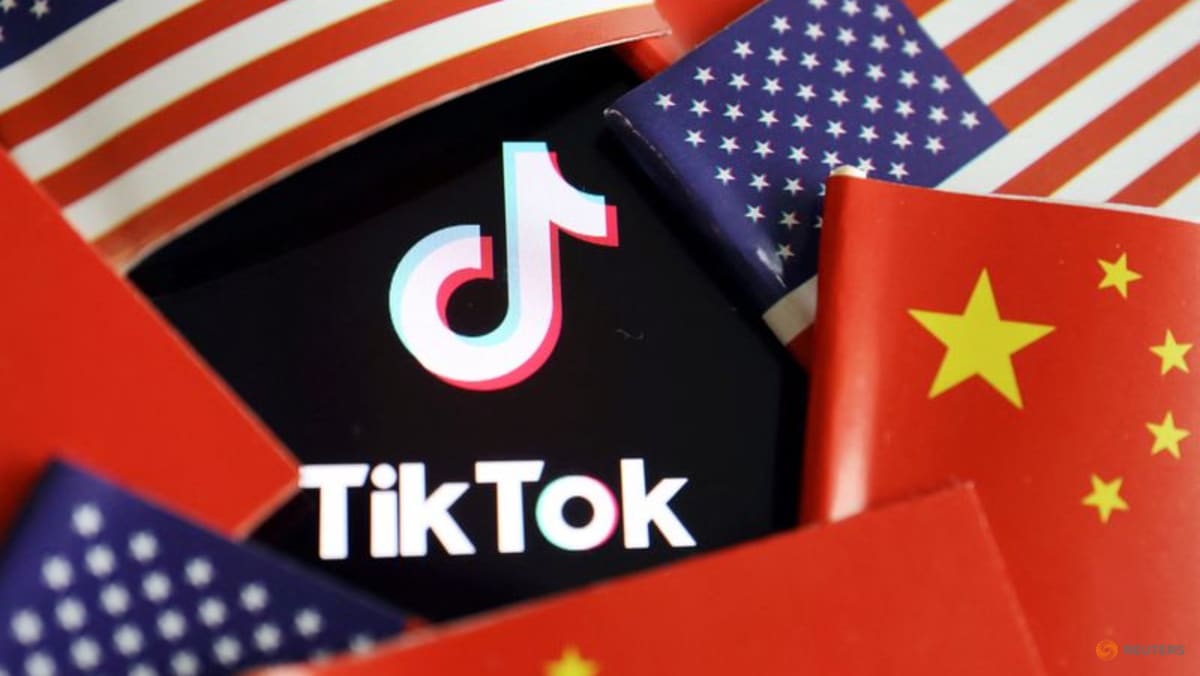INDIA HAS LITTLE LEVERAGE
Policymakers are grimly absorbing some unpalatable truths. Has New Delhi overestimated its geopolitical importance? The tariff threat was bad enough: 25 per cent is higher than the 19 per cent agreed with the Philippines and Indonesia, and much higher than the 15 per cent offered to US allies like the European Union, Korea and Japan.
For some reason, India expected it was so indispensable to the US that it would receive a better deal than long-term allies – even one that preserved the barriers it has erected around industry and agriculture. Instead, unless it gives away far more than planned, it might wind up as one of the few countries that emerged from Trump’s tariff “pause” with a higher, not lower rate than was originally threatened.
New Delhi has learned, too late, that it has very little actual leverage in Washington. The Chinese may be granted another extension because they have things that they can threaten the US economy with. The Europeans and East Asians can promise to buy American-made weaponry or invest in the US. India can neither threaten nor bribe.
For years, it has nevertheless managed to punch above its actual economic weight by tacitly promising to be part of Washington-led attempts to contain a rising China. Tacitly, not openly, mind – India doesn’t believe that closeness to the US precludes it from participating in China-dominated groupings or supporting Beijing’s clients in Moscow.
But Trump’s ire demonstrates that this balancing act has may finally have run its course. Russia might not be his top priority, but its second-largest client’s refusal to fall in line will still irritate him. He received fulsome praise from Pakistan’s leaders after he announced a ceasefire; the Indians pointedly ignored him.
This White House wants homage, not defiance. There was certainly a cantankerous edge to his remark that, for all he cared, India and Russia could “take their dead economies down together”.
